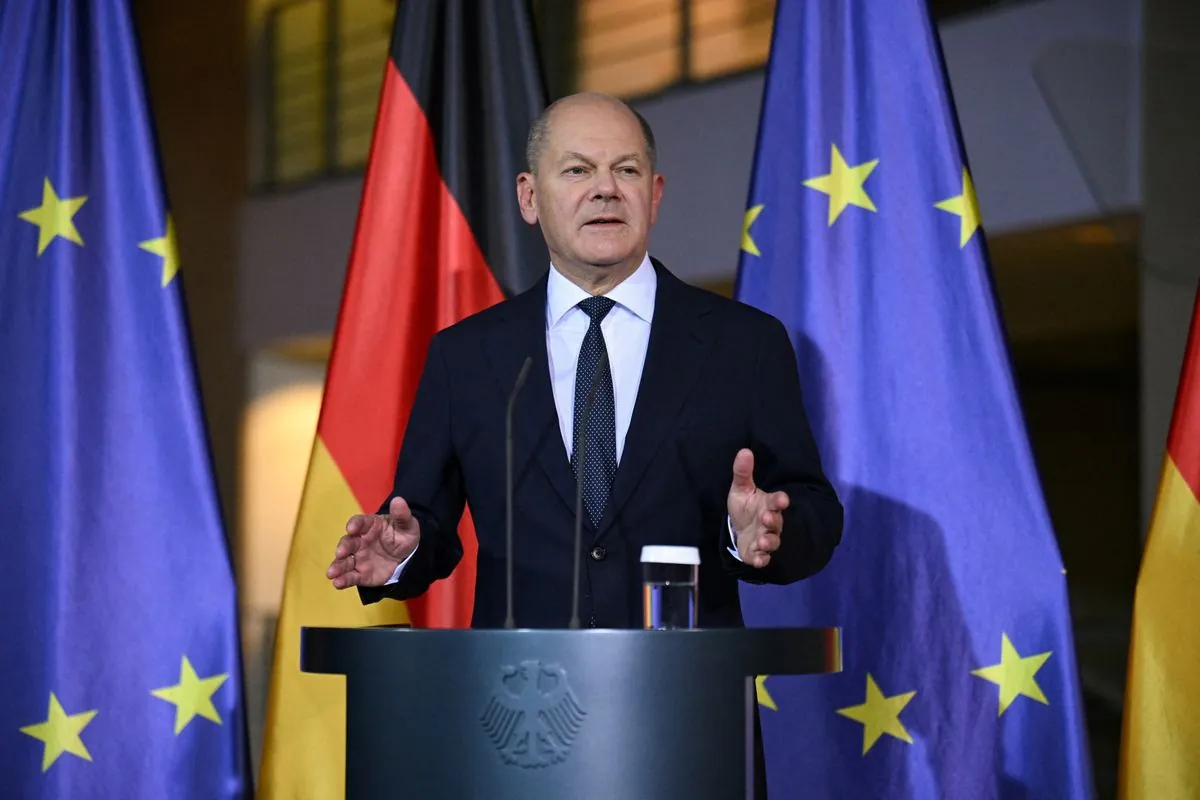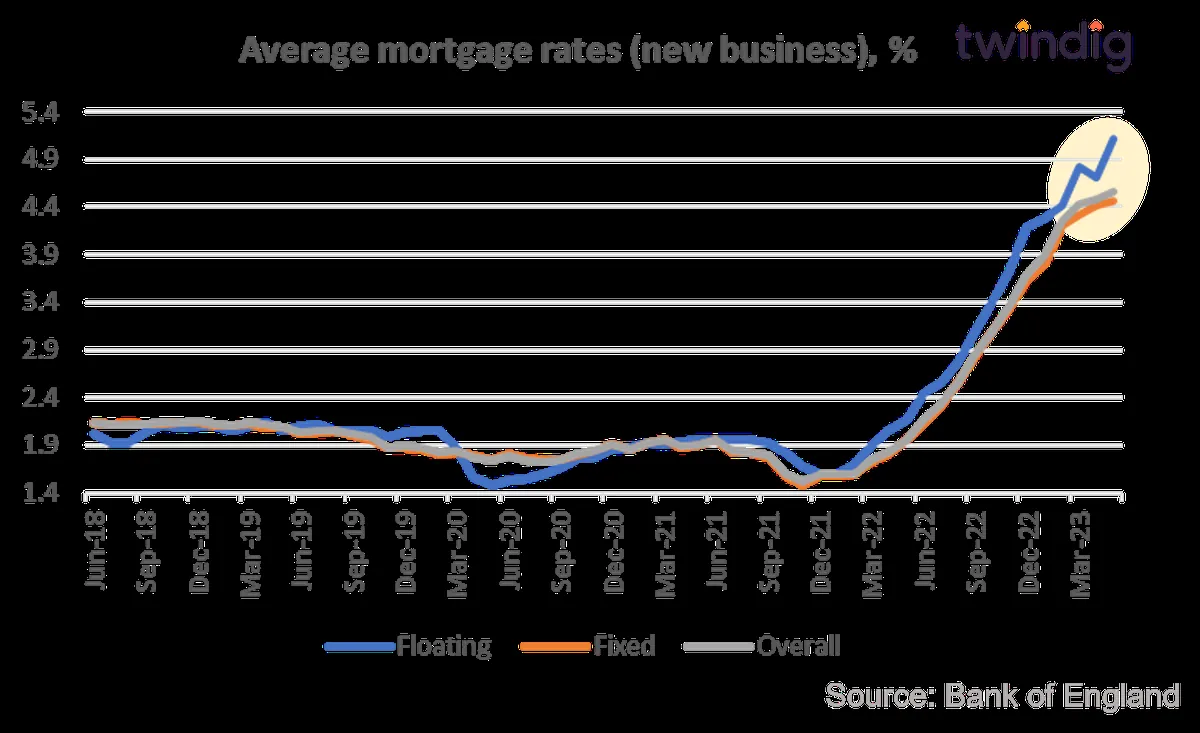New British car tax rules in 2025 will hit millions of drivers' wallets
Major changes to car taxation system coming next spring will affect both regular and electric vehicles Its a £1.7bn plan that changes decades-old rules and brings new costs for most car owners

Starting from next spring British motorists face significant car-tax changes thatʼll affect their bank accounts. Rachel Reeves recent budget announcement shows that Vehicle Excise Duty rates are going up - and this time electric-car owners wont escape the costs
The first-year rates will depend on car emissions; ranging from £10 for zero-emission vehicles to £5‚490 for high-polluting ones (like super-cars). Most drivers will see their costs go up: hybrid and low-emission cars that used to pay £10 will now pay £110; while medium-emission vehicles rates will jump from £30 to £130
Heres what the changes mean for different cars:
- New cars from 04/2025 - at least £110 tax
- Used cars pre-2025 - old rates apply
- Cars from 2017 - flat £190 rate
- Vehicles 2001-2017 - 13-band system
- Pre-2001 cars - engine size based rates
The biggest news is that electric vehicles lose their tax-free status. New EVs will pay £10 first year then £190 yearly after that. Plus theres a special rule for expensive cars: if your EV costs more than £40k (which applies to 67% of them) youll pay an extra £425 yearly for five years. A Tesla Model Y owner would pay about £3k in taxes over six years
Only classic cars (made before 85) and disabled-persons vehicles dont need to pay the tax. The government says these changes will bring in £1.7bn over five years - its part of their plan to balance out falling fuel duty income as more people switch to EVs. Sir Keir Starmerʼs team wants to stop selling regular cars by 2030; and hybrids by 35





























